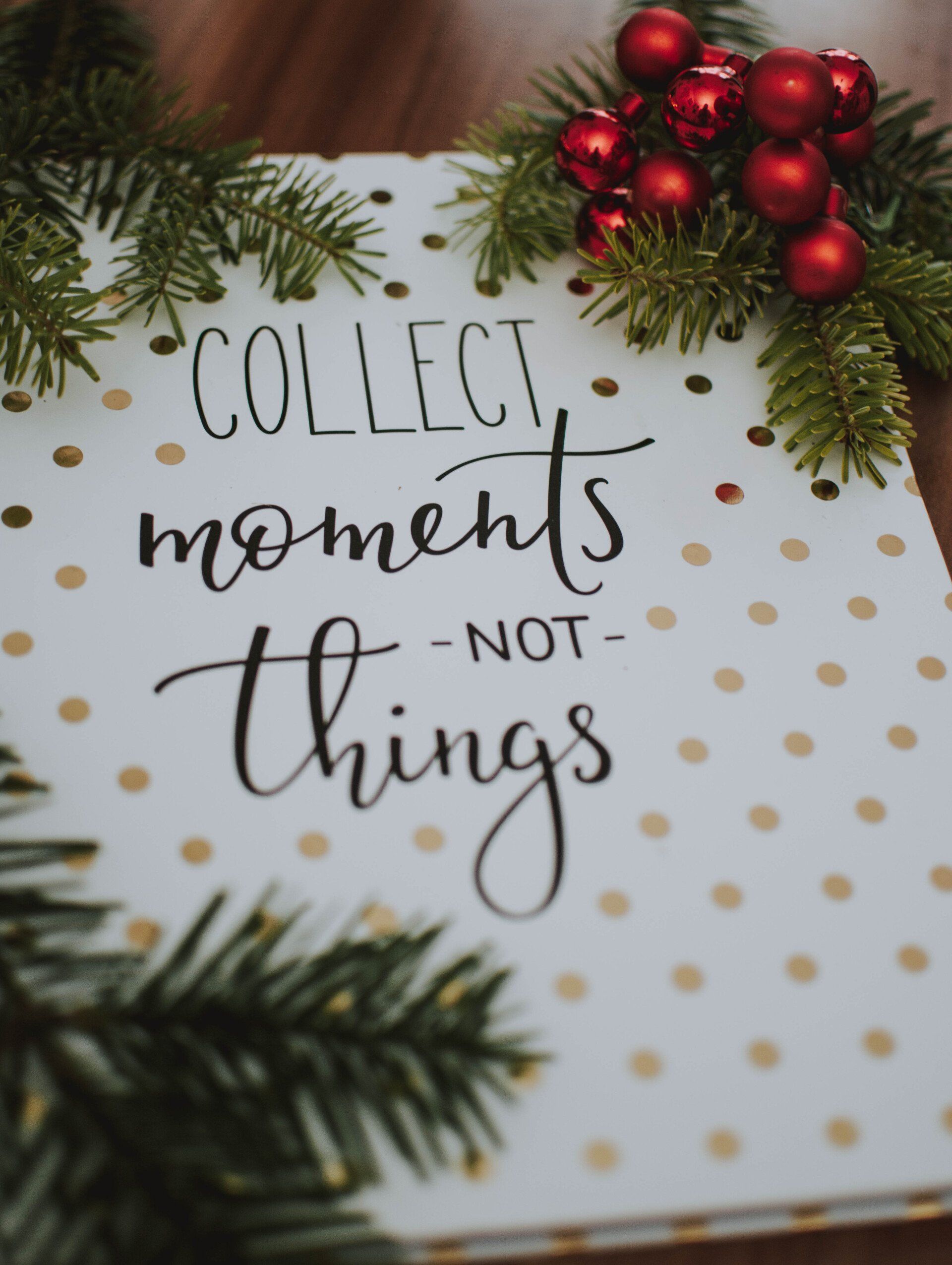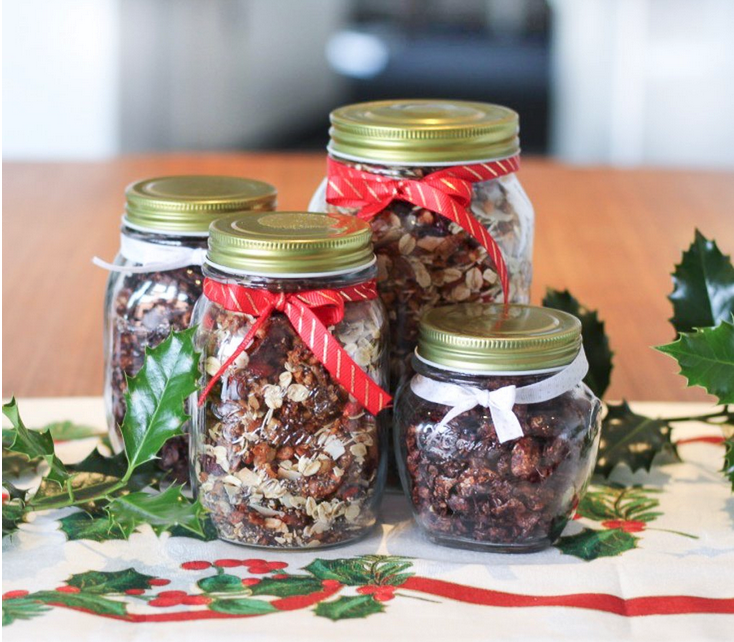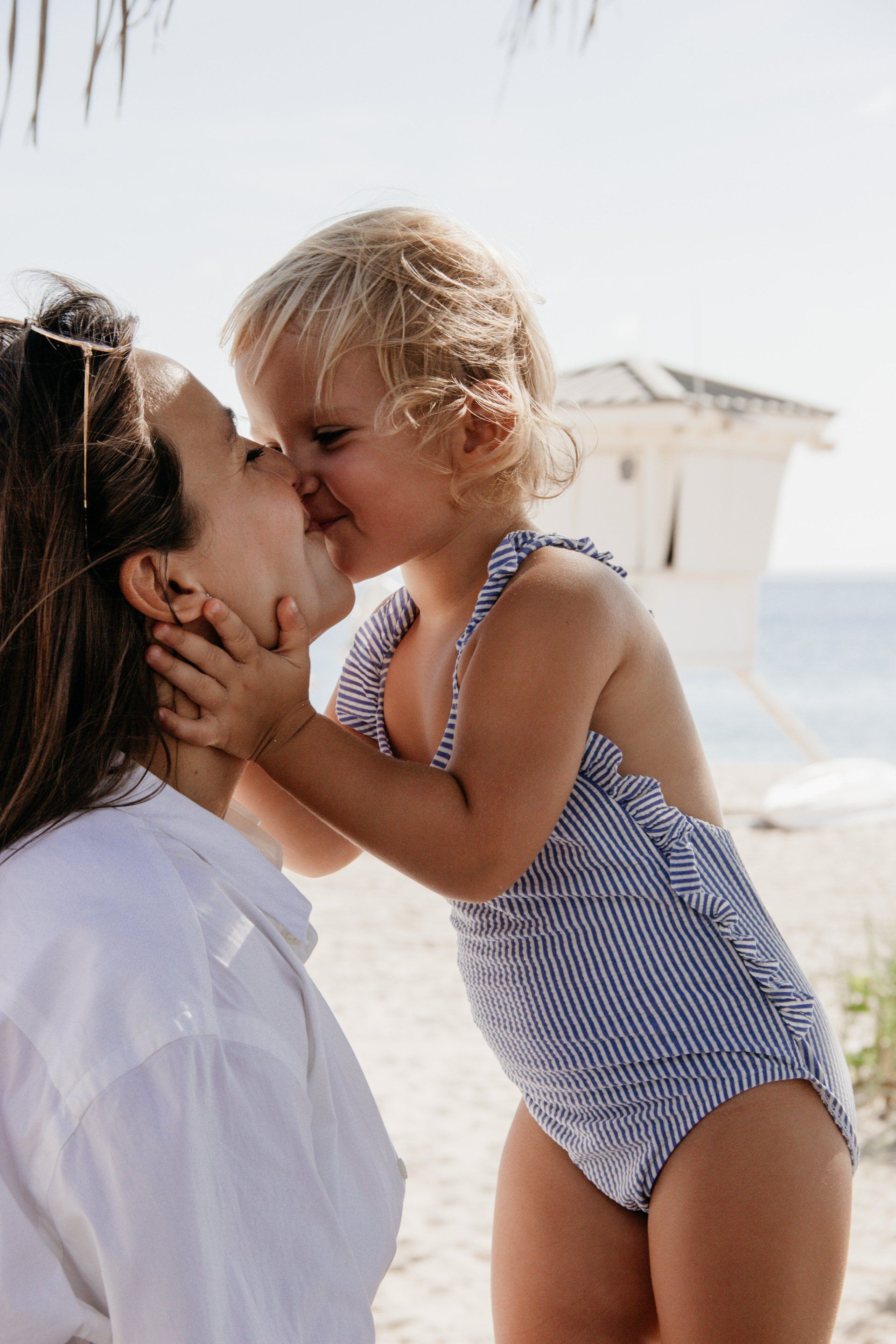How to Politely Say No To Christmas Gifts [Updated 2023]
If you are anything like me, I am sure you hate mindless Christmas and New Year presents. Buying for buying sake is so not us. Holidays are for unwinding, celebrating family and sharing joy. An over focus on gifts can be stressful. After all, we are working towards a greener festive season.
But how do you say no to all the excess without being labelled the Christmas grinch?
I am no expert in turning down a Christmas gift. I still receive the occasional unexpected holiday present and feel pressured to buy gifts for friends and family, but I am getting better at speaking my truth. I’ve learned to approach the subject in a way that feels authentic and considered. The last thing I want to do at holiday time is to come across as an all-knowing climate-change saint condemning all those who want to celebrate the festive season!
Choosing to sit out of engrained social tradition can feel hard, not to mention isolating. But you are not alone, and there are ways to opt-out of Christmas gifts, while still participating in the holiday spirit.
So, how do you politely say no to gifts from friends and family during the festive season?
Here are a few ideas I have used, and will keep on using as I strive to
reduce my consumption and limit clutter over the holidays.
1. Be honest about not wanting gifts.
“Oh we don’t need anything for Christmas” can easily come off as a nicety that is meant to be ignored. If you really would prefer no gifts try explaining your feelings. Something along the lines of; “We have made a conscious effort to keep our home decluttered and calm this year, hence there is no need to buy us physical gifts. It would mean a lot to me if we could skip the presents this year.”
Alternatively, if your reasoning is environmental try, “Living with a light environmental footprint has become such an important part of my life, that I/we truly do not want any presents this year. I know it might feel weird, but it would mean a lot to me/us”.
“Oh we don’t need anything for Christmas”, can easily come off as a nicety that is meant
to be ignored.
2. Back it up with logical reasoning.
During your honest conversation, written or verbal, try to share some logical reasons why opting out of gift-giving and receiving is your true preference this year. Such as,
- It has been a tough year financially, so we have a very mindful and considered holiday spending budget.
- Holiday shopping is overwhelming, I don’t want to feel the pressure to reciprocate.
- I/we have worked hard to reduce the clutter in our home and I want to keep
- I have a sustainable footprint goal and fewer gifts will help me reach it.
At this point in the conversation try not to bring in any climate change facts, textile waste statistics or list what you hate about the capitalist system - now is not the time. Psychological experts tell us that ‘scare tactics' and condemnation of another’s actions do not drive behaviour change. If your family or friends ask for an explanation as to why gifts will hurt the planet, how clutter increases stress levels or how you decluttered so much, then go ahead and share some of your reasoning. Yet be aware that this will likely not change their holiday consumption behaviour.
Take a moment to consider how long it has taken you to get to this point, you didn’t wake up one morning and decide to live lightly, it has been an evolution. The path to minimalism can be a slow one. Be gentle and share your story, but not push them to do the same. It’s sometimes hard to know how far along the sustainability path someone is.
3. Offer alternatives for gift-givers at Christmas time.
Telling a gift-giver not to hand over a present during the holidays might be like asking a four-year-old not to celebrate their birthday! It may be the wrong thing to do, especially if gift-giving is their way of expressing love.
A great way to help gift-givers feel as though they can still show their love and appreciation is to offer an alternative. Suggest locking time to share a homemade meal, a lunch in the park or dinner at a restaurant. If finding a mealtime is too hard you could make Christmas cookies together or organise a trip to see your local holiday decorations. Most towns have council organised holiday displays, making an effort to see them is festive and clutter-free! Providing gift-givers with an opportunity to create a ‘memory gift’ will help meet both your needs and theirs.
Suggest holiday baking as an alternative to stuff
However, if your loved one still wants something to wrap, suggest a homemade gift, edible or otherwise. We have a great Healthy Christmas Muesli Recipe you could suggest.
If that is too much to ask, suggest a card, or handwritten letter of a memory or sentiment. You could even request a photo that can be added to a fridge for young children to learn family members through faces not gifts. Providing suggestions is much better than asking them to go cold turkey!
4. Have the “no gift” conversation early.
Many people like to get their Christmas shopping “out of the way”. Many gift-givers will have started thinking of presents in September, sometimes earlier. In recent years, November's Black Friday sales have become a go to for holiday gifting bargins. Therefore, to avoid the awkward “I’ve already got you something” response, it is important to have the conversation early. Ideally the non gift conversation would be in person. This way you can judge their response in real time, emphasising or rationalise if needed, as discussed above. However, if in person is too hard, a call or text is the next best thing.

So there you have it, four tips to have honest, polite conversations with friends and family about not buying gifts this Christmas. And if none of that works at least you have given it your best shot and maybe next year they will be more responsive.















